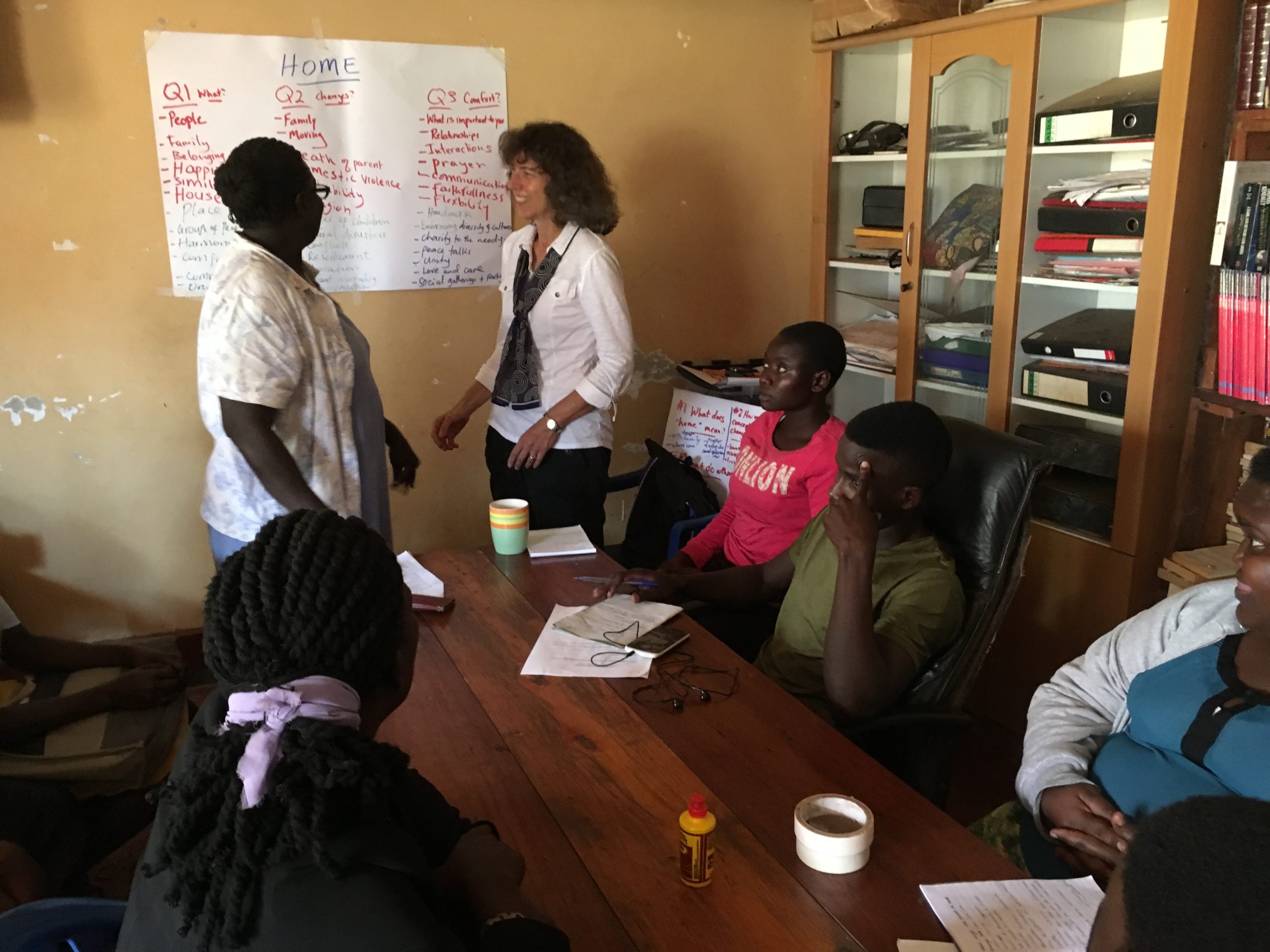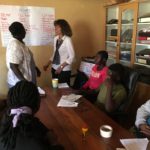Through this blog I periodically share learning from projects I have recently been involved with. These can be reminders of things we know but in the day to day press of short term work and deliverables we don’t always take the time to do, or sometimes a new idea. Here is some of my recent learning/reminders.
- Partnerships – If you want better or more equitable partnerships, practice being a better partner. If you are a major decision maker, funder or a global north practitioner, are you thinking about what effect your presence in the room might have? How can you modify this effect to create more open dialogue?
To consider:
-
- Mutual accountability – Expect of yourself what you expect of your partners. Offer information as much as you ask for it. If you want people to trust you, you have to trust them.
- Transparency – Make your parameters/requests as explicit as possible. Create spaces that allow for partners to ask questions. This may need to happen one-to-one and not in a group format as personally and/or culturally, some people are less inclined to engage in group discussions.
- Acknowledge your own organizational limitations. Externally, you can be open about them and demonstrate that you are a learning organization.
- Keep attuned to power imbalances and challenge your own assumptions, behaviors and biases. Can you listen more? Listen to understand and not just to respond?
- Experiment, learn, adapt, repeat – Pilot projects and smaller initial initiatives can test ideas and build momentum for larger initiatives. Plan in review time. It’s easy to skim over this with ‘doing’ and meeting deliverable deadlines, but it’s essential to stronger products and outcomes.
- Significant change (across broad operations and numerous people) – I have written about the specific needs of multi-year change many times before including here. Recently I have been reminded of (1) the need to plan in coordination time among staff teams or broader partner groups; (2) and create ways to easily bring new people into the process, preserving ‘institutional memory.
- Strong relationships and regular contacts – Nurturing relationships helped a number of organizations I work with to not lose over the past couple of years the progress they had made prior to the start of the covid pandemic. Keep nurturing your important relationships (no matter what challenges may seem to get in the way)!

